Meet Our Elementary Teachers
Meet our Elementary School Teachers
Minnesota Virtual Academy (MNVA) teachers are your partners in your children’s education, and they areavailable every school day to help you and your children through any challenges you may face. Here are a few of the elementary teachers you’ll get to know at MNVA.
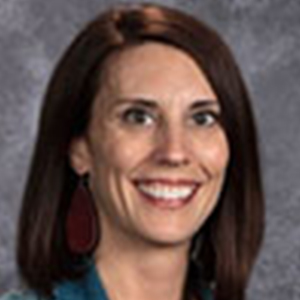
Michelle Allmon
Mrs. Allmon is a 4th and 5th grade teacher who joined Minnesota Virtual Academy in 2008. Prior to joining MNVA, Mrs. Allmon taught 5th grade in Bloomington Public Schools for six years. She attended Truman State University where she earned a Bachelor of Science in English and a Master of Arts in Elementary Education. Mrs. Allmon also holds a Certificate in Urban Teaching from Hamline University. Mrs. Allmon has seen the growth in student learning which can occur when students are challenged by their teacher, supported by an involved Learning Coach, and encouraged by peers in a culture of learning.
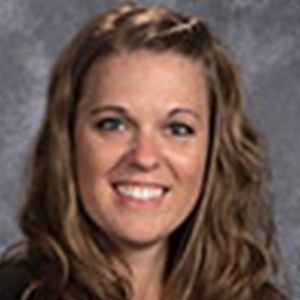
Jenna Bearden
Mrs. Bearden is a 4th and 5th grade teacher who joined MNVA in 2013. She holds a bachelor’s degree in early childhood and elementary education from the University of Wisconsin–La Crosse. She is currently working toward a master’s degree in education through Augustana University. Prior to joining MNVA, Jenna taught preschool, at-risk kindergartners, and 4th grade. Mrs. Bearden feels online learning gives students the opportunity to have more individualized attention and small group instruction to help them be successful.
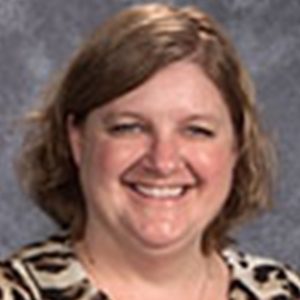
Rana Bell
Mrs. Bell is a kindergarten and first grade teacher who has been on staff with MNVA since 2004. She holds a bachelor’s degree in elementary education from the University of Wyoming and a master’s degree in special education from St. Thomas University. Before joining Minnesota Virtual Academy, Rana worked as an Early Childhood teacher for Prior Lake–Savage area schools. She continues to attend workshops and courses to further her education. Mrs. Bell feels that online learning gives students an environment where they can get one-to-one attention.

Pam Bishop
Mrs. Bishop started teaching with Minnesota Virtual Academy in the fall of 2007. Before MNVA, she taught middle school mathematics with the New Prague school district for five years. She earned her bachelor’s degree in elementary education (K–6) with a specialty in 5–8 mathematics from St. Cloud State University. She also earned a master’s degree in education from Saint Mary’s University. Mrs. Bishop feels that online learning gives students that safe environment at home that allows them to relax and let their minds learn.

Patty Herman
Mrs. Herman is a 3rd grade teacher who has been educating MNVA students since 2004. She earned her BA in Education from St. Cloud State University, and her MA in Education from the College of St. Scholastica. She holds a minor in middle school mathematics. Mrs. Herman feels online learning gives students a safe learning environment without all the distractions of a noisy classroom. Mrs. Herman also believes that her students benefit from having individualized instruction and one-to-one support.
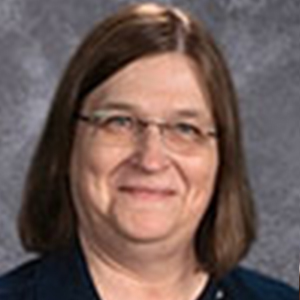
Ann Laudon
Elementary Speech Teacher

Todd Randall
Mr. Randall has been with MNVA since 2009 and teaches 4th and 5th grade. He grew up in California, earned a BA in Liberal Studies from Hope International University and an MA in Elementary Education from Claremont Graduate University, and has been teaching since 1992. He taught in the classroom for 16 years in California, mostly in low-income and inner-city schools. Mr. Randall believes there is no “one size fits all” approach to education and that online education is an outstanding option for many students. He feels online learning is a great setting that provides flexibility, a positive learning environment, and the opportunity for parents to be highly involved in their child’s education.
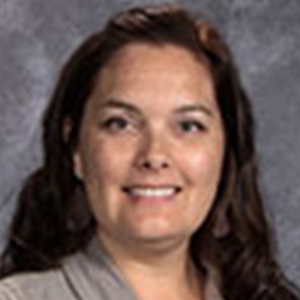
Kati Revak
Mrs. Revak is a kindergarten and 2nd grade teacher who joined the MNVA team in 2017. She brings with her 16 years of experience in education, curriculum, and instruction with ages pre-K through 6th grade. She earned a BA in Elementary/Middle Education from UW–Lacrosse, and an MA from Saint Mary’s University. Mrs. Revak likes discovering new technology to engage her students in learning. She feels online learning gives students the opportunity to focus on their own education and potential without unnecessary distractions in the physical classroom.
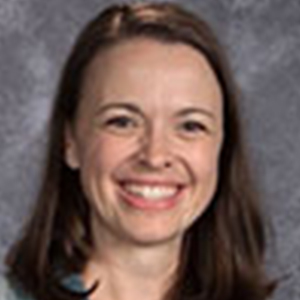
Joslyn Runyan
Mrs. Runyan joined MNVA in 2003. She earned a BS in Elementary Education with an endorsement in English Language Learning and an MA in Elementary Education with a cognate in Reading Education from the University of North Dakota. Before moving to Minnesota, she taught third grade. Mrs. Runyan enjoys the options and opportunities each student has at MNVA. She feels students have an opportunity to master all learning targets each school year.
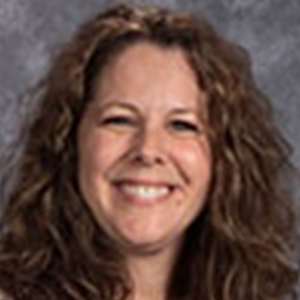
Cary Whittington
Mrs. Whittington is a K–1 teacher who joined MNVA in 2008. She worked previously in a traditional public school setting as well as in the business world. She earned a BA in both Education and English from the State University of NY at Potsdam, and her master’s degree in literacy K–12 from the College of St. Scholastica in Duluth, MN. She holds a license to teach grades K–6 and will soon be certified in literacy K–12. Mrs. Whittington enjoys working with both students and Learning Coaches to foster growth and success. Mrs. Whittington feels this environment supports student needs one to one, and allows families to be engaged in their children’s education.
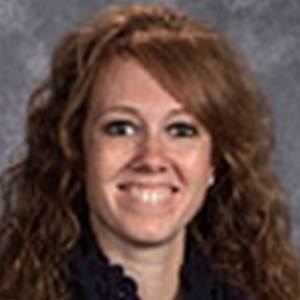
Jessica Winter
Ms. Winter is a 2nd and 3rd grade teacher with Minnesota Virtual Academy. She graduated from Bemidji State University with a degree in elementary education and middle school mathematics. Ms. Winter started teaching back in 2005 and has been teaching online since 2009. She is also currently working on her Master’s in Education focusing on instructional strategies. Ms. Winter enjoys providing more individualized support for students and families and enjoys working with students from all around the state. Ms. Winter feels online learning can be a positive opportunity for students because it allows more individualized learning, less classroom distractions for some students, safe environment from bullying, and ability to use extra time for enrichment or practice.
